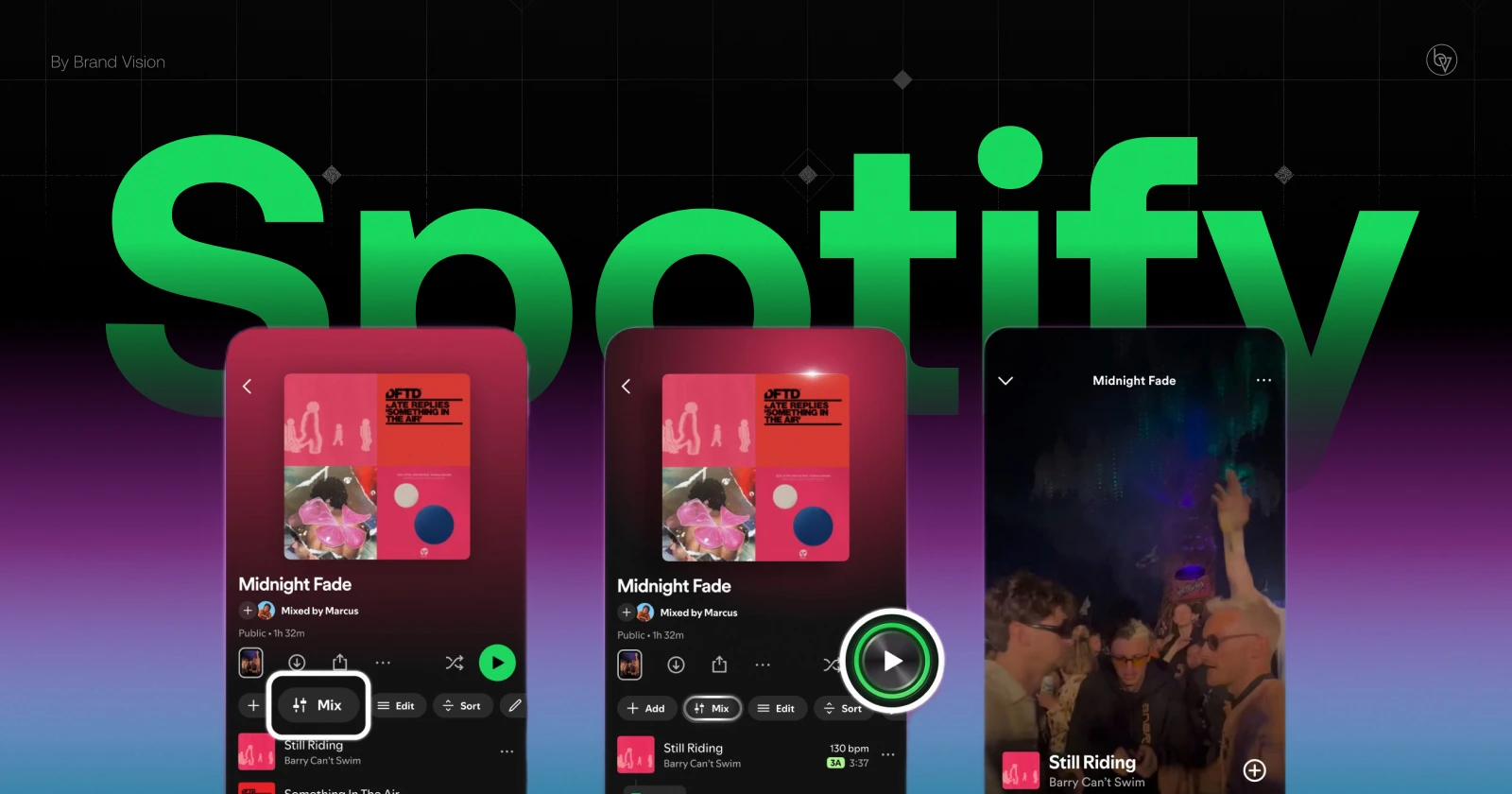
Why You Should Add a Product Recommendation Quiz to Your Shopify Store
Most Shopify stores lose shoppers for simple reasons. Too many options. Too little confidence. Or a product page that looks fine but still leaves a buyer thinking, “Is this the right one for me?” A product recommendation quiz solves that moment. It gives shoppers a clear path, reduces second-guessing, and turns browsing into a guided decision.

























